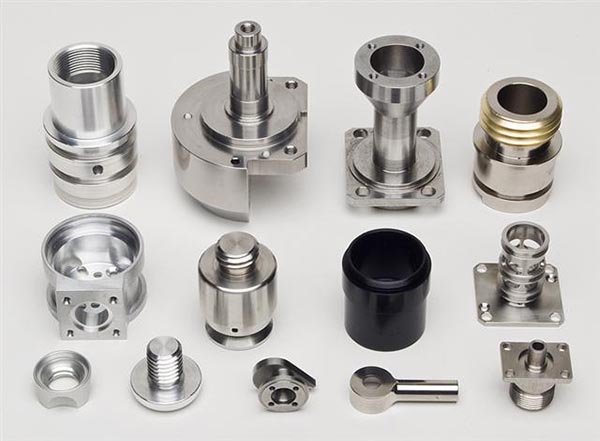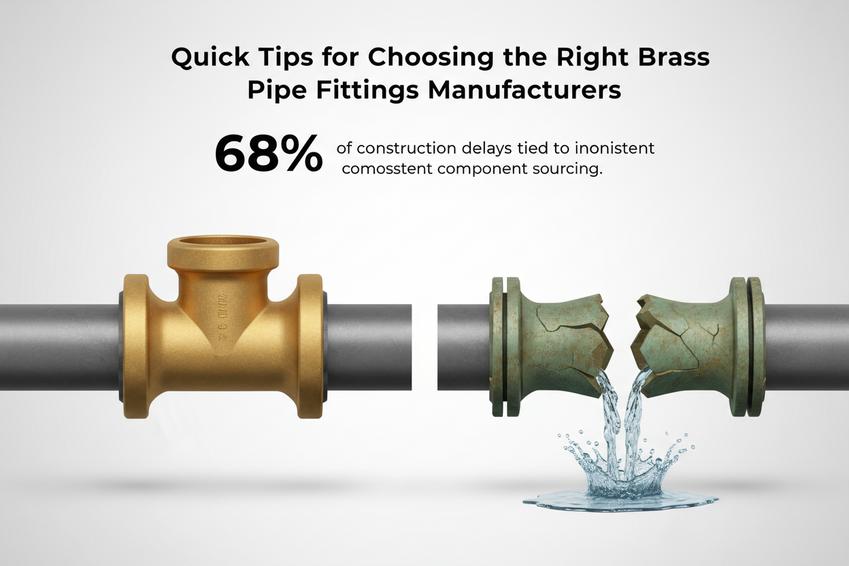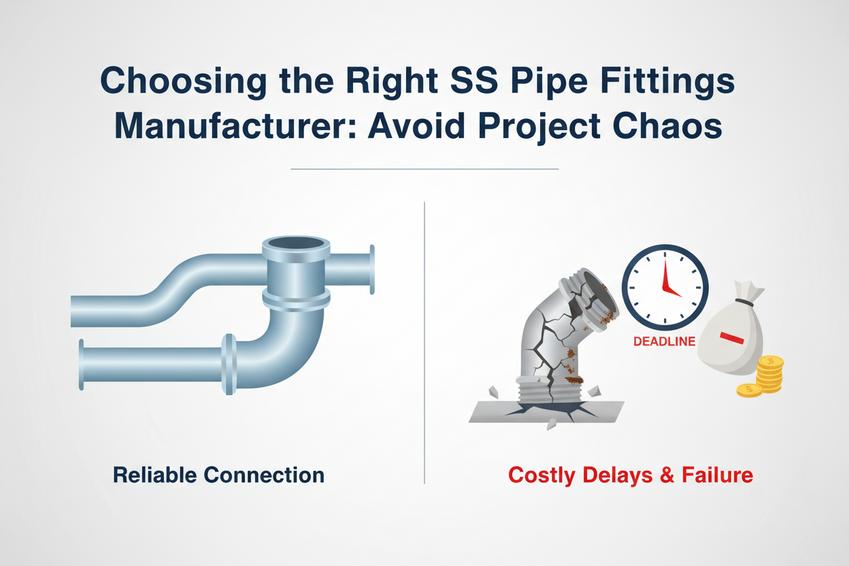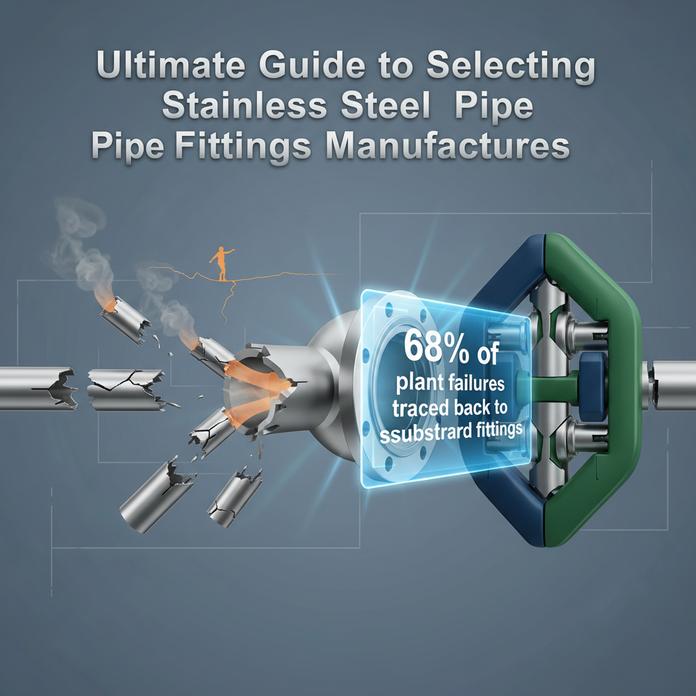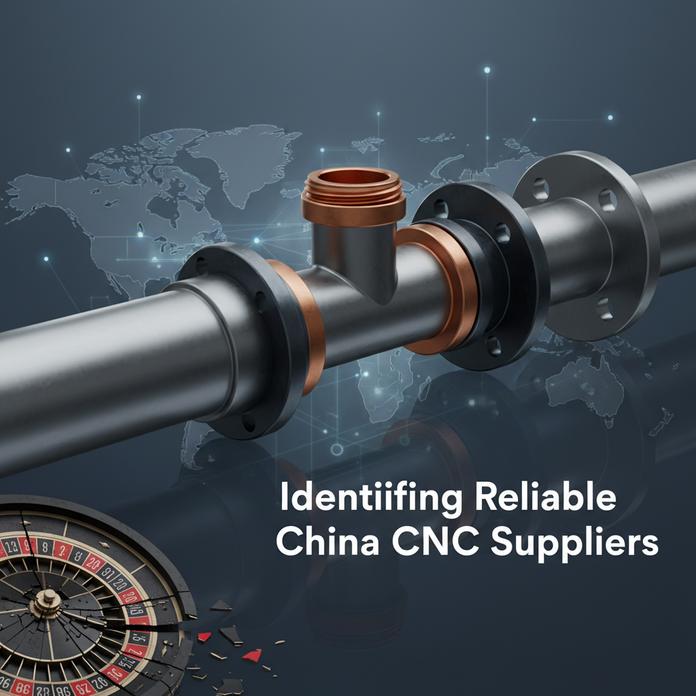SS Pipe Connector: High-Quality Stainless Steel Connectors for Industrial Applications
Stainless steel pipe connectors, commonly referred to as SS pipe connectors, are essential components in industrial piping systems. They provide reliable, durable, and corrosion-resistant connections that ensure smooth flow and safe operation across a variety of applications. From chemical plants to oil and gas pipelines, water treatment systems, food processing facilities, and HVAC installations, these connectors are critical for maintaining system integrity.
As a professional manufacturer of stainless steel pipe connectors, our factory specializes in producing both standard and custom connectors, catering to the global industrial market. This blog will guide you through types, materials, applications, benefits, and how to select the right SS pipe connector for your projects.
1. What Is an SS Pipe Connector?
An SS pipe connector is a mechanical fitting designed to join stainless steel pipes securely. These connectors are widely used to:
-
Connect pipes of the same or different diameters
-
Change the flow direction using elbows or bends
-
Branch pipelines with tees and crosses
-
Seal pipe ends with caps and plugs
-
Adapt pipes for different thread types using adapters
Stainless steel is chosen for its corrosion resistance, high strength, and ability to withstand high pressures and temperatures, making it suitable for industrial and commercial applications. By choosing high-quality SS pipe connectors, manufacturers and engineers can ensure a leak-proof, long-lasting, and safe piping system.
2. Types of SS Pipe Connectors
There are several types of stainless steel pipe connectors, each designed for specific applications:
-
Elbows – Available in 45° or 90° angles, elbows allow pipelines to change direction without compromising flow or pressure.
-
Tees and Crosses – These connectors are used to split or combine flows in piping systems, ensuring smooth distribution across multiple branches.
-
Reducers and Bushings – Used to adjust pipe diameters, reducers help transition between different pipe sizes while maintaining system efficiency.
-
Couplings and Adapters – These connectors join pipes of similar or different types, including threaded and welded connections.
-
Flanges and Flanged Connectors – Flanged connectors provide secure, easy-to-maintain connections for high-pressure pipelines.
-
Caps and Plugs – Used to seal pipe ends temporarily or permanently, preventing leaks and contamination.
-
Custom Connectors – For project-specific requirements, custom SS pipe connectors can be manufactured to fit unique pipe sizes, pressure ratings, or environmental conditions.
By offering a variety of SS pipe connectors, manufacturers can meet the diverse needs of industrial pipelines, chemical processing, water supply systems, and more.
3. Materials and Grades
Material selection is crucial for stainless steel pipe connectors. Common materials include:
-
304 Stainless Steel – Cost-effective, suitable for general industrial applications with moderate corrosion exposure.
-
316 Stainless Steel – Superior corrosion resistance, ideal for chemical, marine, and high-pressure applications.
-
Carbon Steel – Strong and durable, often used for welded connectors and structural pipelines.
-
Alloy Steel – Used for high-temperature and specialized industrial applications.
316 stainless steel pipe connectors are particularly popular for industries that handle corrosive fluids, such as chemical processing plants, food and beverage manufacturing, and marine environments. Selecting the appropriate material ensures that the pipe connector remains durable, safe, and long-lasting, even in harsh industrial conditions.
4. Applications of SS Pipe Connectors
SS pipe connectors are used in a wide range of industrial applications:
-
Chemical and Petrochemical Plants – Connectors resist corrosion and pressure, ensuring safe chemical transport.
-
Oil and Gas Pipelines – High-pressure, durable connectors maintain pipeline integrity.
-
Water Treatment Systems – Corrosion-resistant SS connectors prevent contamination and leaks.
-
Food and Beverage Processing – Sanitary stainless steel connectors meet hygiene and safety standards.
-
Marine and Offshore Applications – Saltwater-resistant SS connectors extend pipeline service life.
-
HVAC and Fire Protection Systems – Secure connectors ensure efficient fluid transport and safety compliance.
By providing high-quality connectors, manufacturers ensure that industrial systems remain efficient, safe, and reliable, reducing downtime and maintenance costs.
5. Advantages of Using SS Pipe Connectors
Choosing stainless steel pipe connectors offers several advantages:
-
Corrosion Resistance – Stainless steel withstands water, chemicals, and harsh environmental conditions.
-
Durability – High-strength material ensures long service life under high-pressure conditions.
-
Leak-Proof Performance – Accurate manufacturing reduces the risk of leaks, ensuring system efficiency.
-
Versatility – Available in multiple types, grades, and sizes to suit different industrial applications.
-
Global Standards Compliance – Many connectors meet ASTM, ISO, DIN, and JIS standards, ensuring compatibility with international projects.
These benefits make SS pipe connectors a reliable choice for industrial pipelines, reducing maintenance costs and improving safety.
6. How to Choose the Right SS Pipe Connector
Selecting the right SS pipe connector requires careful consideration of several factors:
-
Pipe Size and Diameter – Ensure the connector matches the pipe dimensions for a secure fit.
-
Material and Grade – Choose a material suitable for the operating environment and fluid type.
-
Pressure Rating – Verify that the connector can withstand the system’s maximum operating pressure.
-
Type of Connection – Decide between threaded, flanged, or welded connections based on installation requirements.
-
Standards Compliance – Ensure the connector meets ASTM, ISO, DIN, or JIS standards for safety and compatibility.
-
Manufacturer Reliability – Partner with a reputable manufacturer that provides consistent quality, material traceability, and global shipping.
By following these guidelines, engineers and procurement managers can ensure optimal performance and long-term reliability of their piping systems.
7. SS Pipe Connector Catalog and Suppliers
Manufacturers typically provide detailed catalogs of stainless steel pipe connectors, which include:
-
Product types: elbows, tees, reducers, flanges, and custom connectors
-
Material grades: 304, 316, carbon steel
-
Dimensions, pressure ratings, and thread specifications
-
Application guidelines and installation instructions
Working with experienced SS pipe connector suppliers ensures access to both standard and custom connectors, as well as technical support for system design and installation. For urgent needs, buyers can search for “stainless steel pipe fittings near me” to locate local suppliers with ready stock.
8. Conclusion
SS pipe connectors are fundamental components in industrial piping systems, providing reliable, corrosion-resistant, and durable connections. Choosing the right connector involves considering material, type, pressure rating, and compliance with international standards.
Our factory specializes in manufacturing a wide range of SS pipe connectors, including 316 stainless steel threaded fittings, flanged connectors, and custom designs. With a focus on quality, precision, and global supply, we help industrial clients worldwide achieve efficient, safe, and long-lasting piping systems.
By partnering with a trusted manufacturer, customers gain access to high-quality SS pipe connectors, technical support, and reliable supply for both standard and custom projects. Whether for chemical plants, water treatment, food processing, or offshore installations, our connectors deliver performance and peace of mind.

